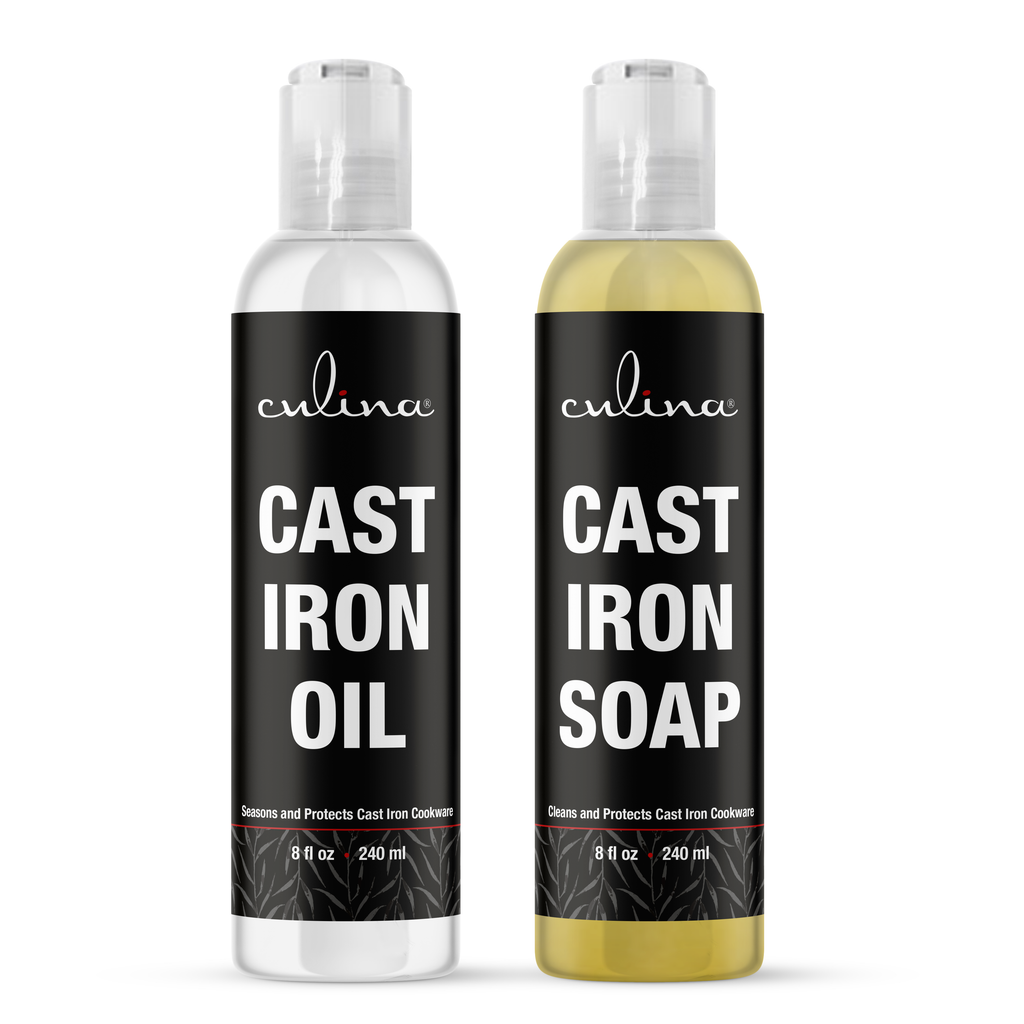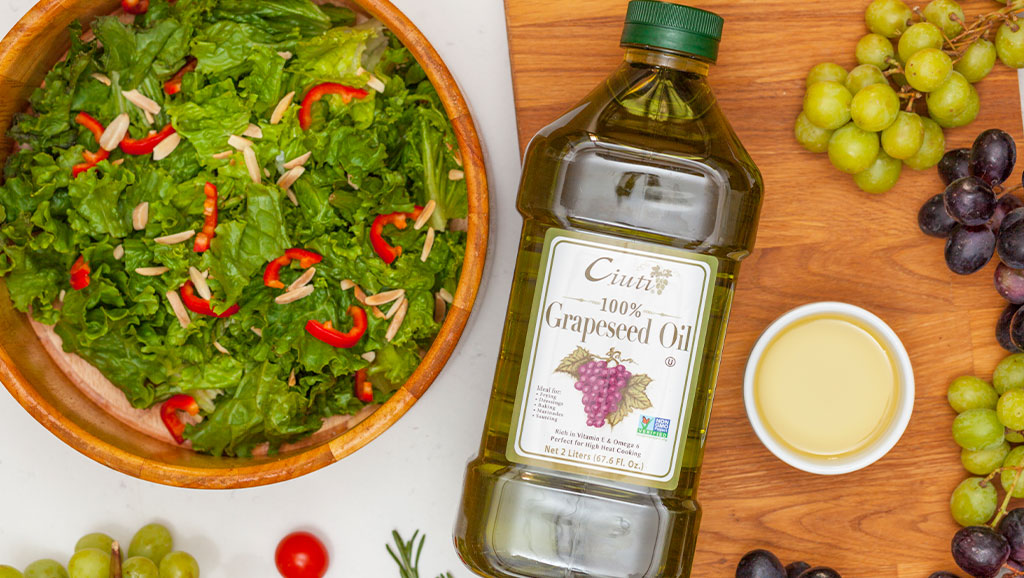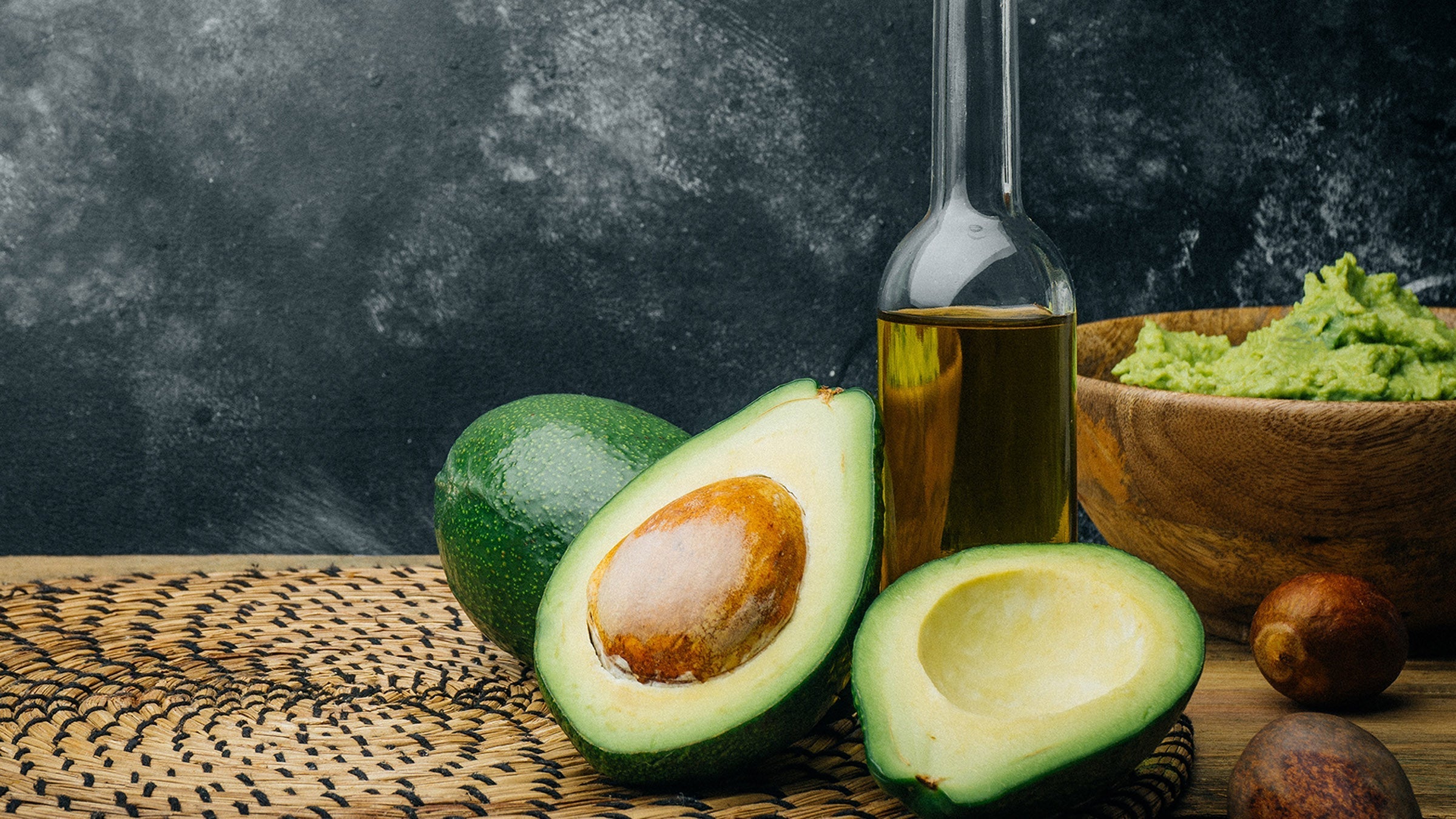How to Clean Kitchen Counters for a Sparkling Space?
Keeping your kitchen looking pristine is essential, not just for aesthetic reasons but also for hygiene. As a beautician, you understand the importance of a clean and inviting environment, and this applies to kitchens as well. In this comprehensive guide, we will delve into how to clean kitchen counters effectively. We will explore various cleaning methods, tips for maintaining cleanliness, and the importance of using the right products.
Kitchen counters are high-traffic areas that can easily accumulate dirt, grease, and germs. Learning the right techniques to clean them can make a significant difference in your home's overall cleanliness and hygiene. Get ready to dive deep into the world of kitchen maintenance!

Understanding the Types of Kitchen Countertops
Before we jump into the actual cleaning methods, it is crucial to understand the different types of countertops you may encounter:
- Granite: Durable and resistant to heat but needs special care to avoid scratches.
- Quartz: Non-porous and easy to clean but should not be exposed to excessive heat.
- Marble: Beautiful and elegant but can stain easily; requires regular sealing.
- Laminate: Affordable and comes in various designs, but not as heat-resistant.
- Wood: Warm and rustic but requires regular oiling and is prone to scratches.

Essential Tips for Cleaning Kitchen Counters
Here are some critical tips to remember while cleaning your kitchen counters:
- Always Start with Clutter: Before cleaning, ensure that your counter is clear of any items. This will make the cleaning process much more manageable.
- Use the Right Cleaning Tools: Microfiber cloths are excellent for wiping down surfaces. Avoid sponges that may harbor bacteria.
- Natural Cleaning Solutions: Sometimes, you dont need harsh chemicals. Vinegar and baking soda can work wonders in cleaning and deodorizing your counters.
Step-by-Step Guide on How to Clean Kitchen Counters
Now that you have your materials ready, lets break down the cleaning process:
Step 1: Remove Clutter
Begin by removing everything from your countertop. This will allow you to clean every inch and avoid missing any spots.
Step 2: Dusting
Use a dry microfiber cloth to dust off any crumbs or debris. Make sure to wipe the corners and edges where dirt often accumulates.
Step 3: Apply Cleaning Solution
Your choice of cleaning solution is crucial. Create a natural cleaner by mixing equal parts of water and vinegar. For an antibacterial solution, consider adding a drop of dish soap. Avoid bleach or ammonia, especially on sealed surfaces.
Step 4: Scrub and Wipe
Take a clean microfiber cloth, dip it into your cleaning solution, and wipe down the counters thoroughly. Pay special attention to any stains or residues.
Step 5: Rinse and Dry
Once done, rinse the countertop with clean water to remove any cleaning solution residue. Follow it up by drying with a clean towel to prevent water spots.
Special Considerations for Different Materials
Each countertop material has specific cleaning needs. Refer to these links for detailed guides:

Maintaining Your Kitchen Counters
After learning how to clean kitchen counters, it is essential to maintain them regularly. Here are some tips:
- Daily Wipe-downs: Make it a habit to wipe down the counters daily to prevent dirt buildup.
- Sealant Use: For natural stone countertops, regularly apply sealant to protect against stains.
- Immediate Cleanup: Promptly clean spills and stains to prevent permanent marks.
When to Seek Professional Cleaning Services
If you find your counters stained beyond repair or require deep cleaning, consider calling experts. You can check out this comprehensive guide for cleaning services.
Frequently Asked Questions
What cleaning products should I use for granite counters?
Granite surfaces prefer pH-balanced cleaners to prevent damage. Always avoid acidic cleaners.
Can I use bleach to clean my kitchen counters?
It's best to avoid bleach as it can damage various surfaces and may lead to harmful fumes when mixed with other products.
How often should I clean my kitchen counters?
It's a good practice to clean them daily, but deep cleaning should be done weekly or bi-weekly, depending on your kitchen's usage.
As an Amazon Associate, I earn from qualifying purchases.

